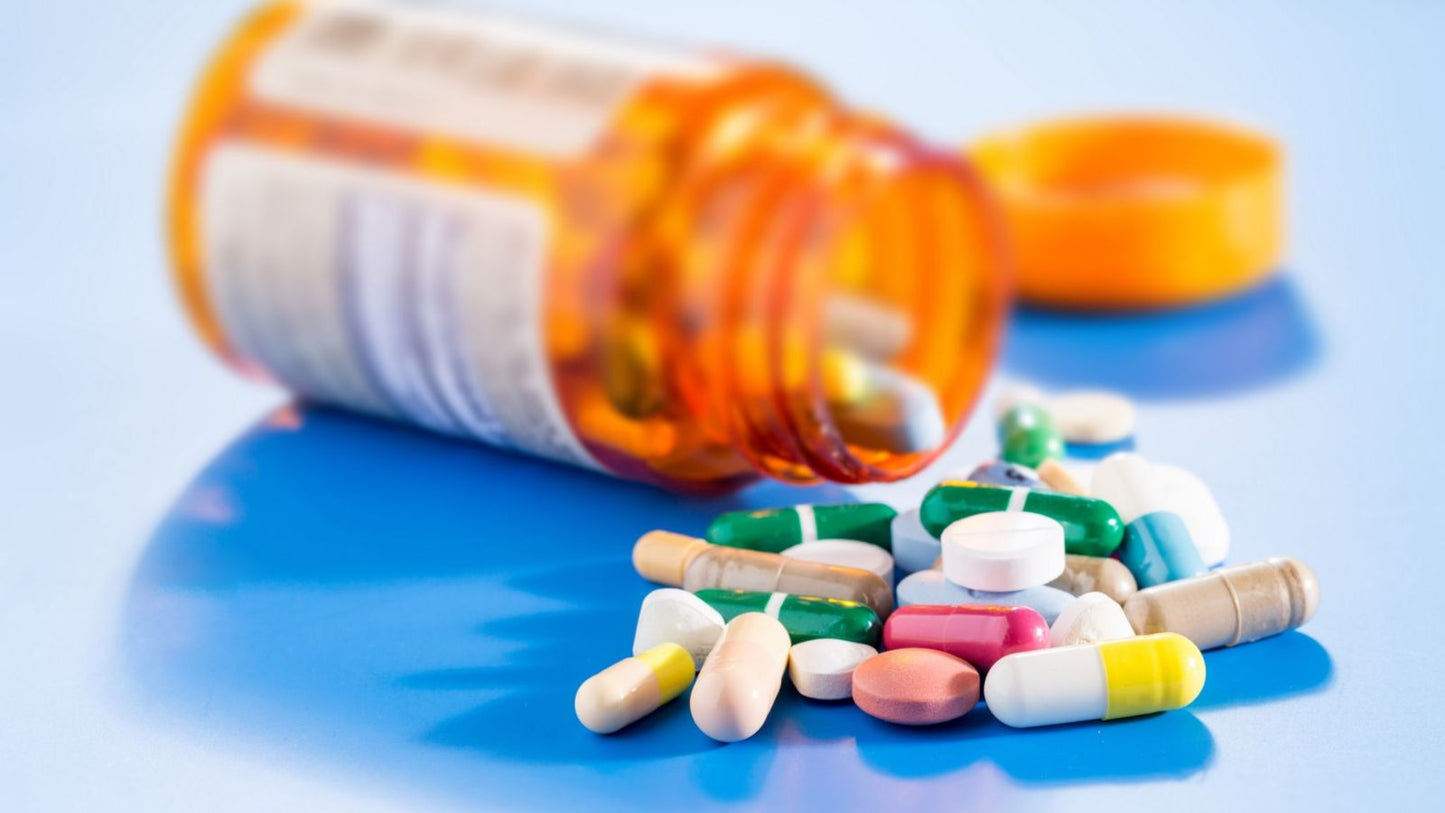Pfizer Ltd
Palbace 125mg Tablet
Palbace 125mg Tablet
Couldn't load pickup availability
Salt Composition
Introduction
Palbace 125mg Tablet is a targeted therapy containing the active constituent palbociclib. It belongs to the group of anticancer medications known as cyclin-dependent kinase inhibitors. Palbace 125 is mainly prescribed for the treatment of hormone receptor-positive, human epidermal growth factor 2 negative advanced or metastatic breast cancer (cancer that has spread to other parts of the body).
This Palbace tablet is usually given in combination with other anticancer drugs to improve treatment outcomes. Many doctors prescribe tab Palbace 125 mg as part of standard therapy for certain breast cancer patients. The medicine is also available in different forms, such as Palbace 125 mg capsule.
Patients often look for information regarding Palbace 125 mg side effects, Palbace 125 mg substitute, or even the availability of Palbace 125 mg generic medicine. Since the cost can vary, some also compare Palbace 125 price, Palbace 125 mg cost, Palbace 125 mg MRP, and the Palbace tablet price before making a purchase. For those unable to tolerate or access it, a Palbace 125 mg alternative may be suggested by the healthcare provider.
Uses
palbace 125 mg uses are in the
Treatment of hormone receptor (HR)-positive, human epidermal growth factor 2 (HER2)-negative advanced or metastatic breast cancer.
How of Palbace 125mg Tablet works
Palbace 125mg Tablet works by blocking the protein called cyclin-dependent kinases 4 and 6, which are vital for the division and growth of cells. By blocking these proteins, this medication slows the growth and prevents the cancer cells from spreading.
Interaction of Palbace 125mg Tablet with other drugs
Inform your doctor about all medications including prescribed, over-the-counter, nutritional or vitamin supplements and herbal products that you are taking or have taken before the treatment. Concurrent use of palbociclib with CYP3A4 inhibitors such as fentanyl has reported increased fentanyl toxicity. certain medications may interact with the effectiveness of this drug.
Storage conditions
- Keep Palbace 125mg Tablet out of sight and reach of children.
- Store at 20°C to 25°C.
How to take Palbace 125mg Tablet
Take Palbace 125mg Tablet exactly as prescribed by your doctor. Take this medication once a day at the same time with food. Swallow this capsule as a whole with a glass of water. Avoid crushing, breaking, or chewing the capsule.
Safety Advice for Palbace 125mg Tablet
Breast Feeding
It is not recommended to take Palbace 125mg Tablet while breastfeeding as it is not known whether it passes into the breast milk.
Alcohol
It is unknown whether it is safe to drink alcohol while taking Palbace 125 mg. Check with your doctor for advice.
Liver
Inform your physician if you have any liver disorders before taking Palbace 125 mg, as it should be used with caution in liver disorder patients.
Lungs
Inform your doctor about lung issues and seek immediate medical help for new or worsening breathing problems while on Palbace.
Driving
Palbace 125mg Tablet can cause tiredness. Avoid driving if you are unwell.
Pregnancy
It is not recommended to take Palbace 125mg Tablet during pregnancy as it can harm the unborn baby. Women with childbearing potential should use effective contraceptives during treatment and for at least three weeks after treatment.
Side Effects
Side effects are unwanted symptoms caused by medicines. Even though all medicines cause side effects, not everyone gets them. palbace 125 mg side effects are
Serious:
- Blood disorder (fever, chills, shortness of breath, weakness, bleeding, or bruising)
- Lung inflammation (chest pain, dry cough, or difficulty breathing)
Common:
- Tiredness
- Hair loss
- Dry skin, rash
- Infections
- Low blood cell counts
- Decreased of appetite
- Nausea, vomiting
- Diarrhea
- Swelling of lips and mouth
- Changes in taste
- Nose bleed
- Dry eye, blurred vision, increased tearing
Expert Tips
-
Avoid grapefruit, grapefruit juice, and products containing St. John’s wort during Palbace 75mg treatment.
-
Use effective birth control while on treatment:
-
For females → continue for at least 3 weeks after the last dose.
-
For males → continue for at least 14 weeks after the last dose.
-
-
This medicine may reduce fertility; consult your physician if you have concerns.
-
Your doctor may recommend regular blood tests to monitor the effect of Palbace 125mg Tablet on blood cells.
FAQs about Palbace 125mg Tablet
Q1.
What is Palbace 125mg Tablet used for?
Palbace 125mg Tablet is used to treat hormone receptor-positive, HER2-negative advanced or metastatic breast cancer.
Q2.
What is the working mechanism of Palbace 125mg Tablet?
Palbace 125mg Tablet blocks cyclin-dependent kinases 4 and 6, slowing the growth and spread of cancer cells.
Q3.
When should Palbace 125mg Tablet be taken?
This tablet should be taken once daily at the same time with food as prescribed by the doctor.
Q4.
Can Palbace 125mg Tablet be taken with other medications?
Some medications, especially CYP3A4 inhibitors like fentanyl, may interact with Palbace 125mg Tablet. Inform your doctor about all medicines and supplements you are using.
Q5.
What are the serious side effects to watch for?
Serious side effects include symptoms of blood disorders (fever, chills, shortness of breath, weakness, bleeding, or bruising) and lung inflammation (chest pain, dry cough, or breathing difficulty).
Fact Box
|
Molecule name |
Palbociclib |
|
Therapeutic class |
Cyclin-dependent kinase inhibitor |
|
Pharmacological class |
Anticancer agents |
|
Indications |
HR-positive, HER2-negative advanced or metastatic breast cancer |
Share

